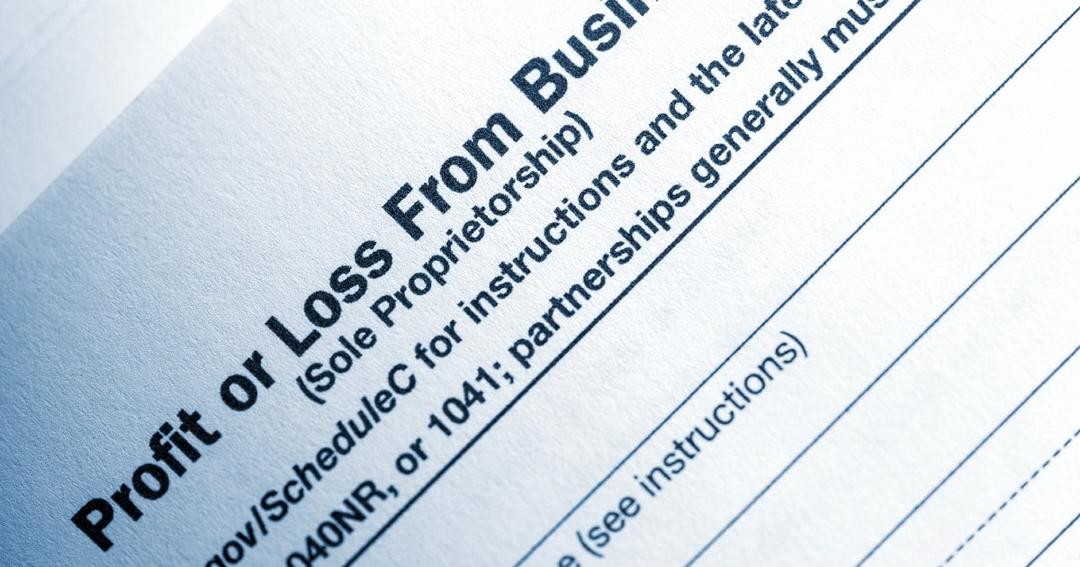
What is a Sole Proprietorship?
A sole proprietorship is an unincorporated business entity that you own and control by yourself. What makes a sole proprietorship an appealing business structure is its simplicity, easy setup, and inexpensive cost. When starting a sole proprietorship, you do not have to fill out formal paperwork or register with your state. However, you must obtain licenses and permits just like any other business.
As a self-employed individual and small business owner, a sole proprietorship means there is no legal separation between your personal and business income. The business income, business expenses, and losses from your business entity are taxed on your personal tax return.
Also, as a sole proprietor, you are personally accountable for any of your business’s debts, losses, and liabilities. If your business is in legal trouble, you do not have liability protection, and your personal assets are unprotected and potentially jeopardized.
| Pros | Cons |
| Easy to start and establish because of the lack of government regulation | No separation of business income and personal income |
| Inexpensive | You still need to obtain licenses and permits like any business |
| Most small businesses start as a sole proprietorship but transition to LLCs or set up a C Corporation as they grow | No liability protection of personal assets |
| Easy to dissolve and dismantle | You are personally accountable for business debts, liabilities, etc. |
How to File A Schedule C
Along with Form 1040, your main individual income tax return form, you must also complete and attach Schedule C. The purpose of this form is to report how much money your business made or lost during the tax year.
Schedule C consists of the following five sections:
| Schedule C Sections | Purpose |
| Part 1: Income | List all business income including gross receipts or sales, returns and allowances, and federal and state fuel tax credits. This calculates your gross profit and gross income. |
| Part 2: Expenses | Report business expenses like costs for travel, utilities, insurance, and advertising. Subtract your total expenses from your gross income to find your net profit or loss. Report this result on Form 1040. |
| Part 3: Cost of Goods Sold | For the costs of goods sold. If your business doesn't require you to purchase inventory or sell products, this section doesn't apply to you. |
| Part 4: Vehicle Expenses | If claiming deductions for car or truck expenses, complete this section. Keep detailed records of your mileage and vehicle expenses during the tax year. |
| Part 5: Other Expenses | Report any expenses that weren't listed in Part 2. Some of these expenses might include education or costs specifically related to your industry. |
Schedule C-EZ and Self-Employment Tax
Starting from the tax year 2019, the Schedule C-EZ will no longer be used. You will now need to file the Schedule C form instead.
If you operate more than one sole proprietorship, each one is considered a separate business. Therefore, you'll need to file a separate Schedule C for each of your businesses.
If your net earnings from self-employment were $400 or more during the tax year, you are responsible for paying self-employment tax and filling out Form Schedule SE. However, if your net earnings are less than $400, you are typically not required to file Schedule SE or pay self-employment tax.
Work with the Experts
1-800Accountant is a virtual accounting firm merging the convenience of technology with live support from real professionals, making taxes easy and personable for individuals and small businesses. As a small business owner, you can focus on growing your bottom line while our team of accountants, certified public accountants, and enrolled agents perform the heavy lifting – tax advisory and preparation, payroll, bookkeeping, financial statements, and audit defense. For professional, year-round small business tax accounting services at an affordable price, get in touch with our certified public accountant and schedule your consultation with America’s leading small business accounting firm.
This post is to be used for informational purposes only and does not constitute legal, business, or tax advice. Each person should consult his or her own attorney, business advisor, or tax advisor with respect to matters referenced in this post. 1-800Accountant assumes no liability for actions taken in reliance upon the information contained herein.
